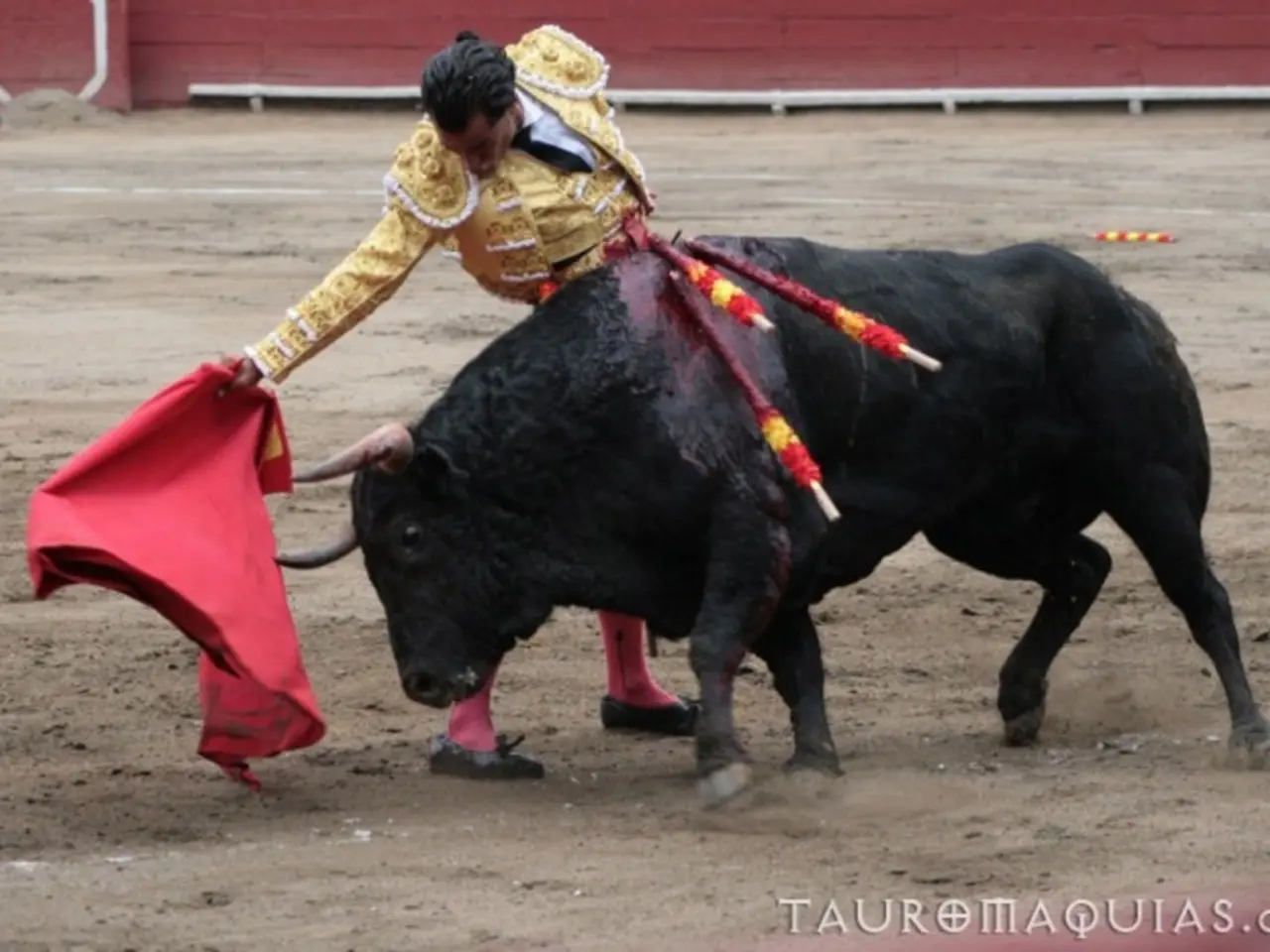NBA star Steph Curry asserts that players are undercompensated within the league context, sparking discussion following the news of Micah Parsons' trade with the Cowboys.
Stephen Curry Calls for NBA Players to Share in League's Financial Growth
In a recent interview on the '360 with Speedy' podcast, Golden State Warriors star Stephen Curry voiced his support for NBA players to participate in the financial upsides of the league, citing the significant increase in team valuations over the years.
Curry believes that the league's current valuations are likely 10 times greater than in the past, and he wants players to be able to participate in the rise of these valuations. He points out that while NBA players earn high salaries, they only receive short-term revenue shares rather than stakes in team equity, which has grown enormously in value.
Curry specifically mentioned the Golden State Warriors, whose franchise value grew from about $315 million in 2009 to over $9 billion today. He sees this as a partnership with ownership that is currently unbalanced, with owners and the league capturing the "upside of team equity" while players are limited to salaries capped by the Collective Bargaining Agreement (CBA) rules.
Curry advocates for evolving the league’s business model to allow active players to participate in ownership stakes or profit-sharing mechanisms tied to franchise valuations and league growth. He believes that this change would help players share in the long-term financial growth and equity appreciation of their franchises.
The NBA salary cap for the 2025-26 season is set at $154.6 million per team, reflecting increased league revenues from a new media-rights deal. However, the CBA limits salary-cap increases to around 10% per year, and teams can exceed the cap through exceptions, which still restricts players from equity participation and enforces salary growth controls.
Curry's views on NBA player salaries add a new dimension to the ongoing debate about paying WNBA players at the same level as their male counterparts. His comments may influence discussions about pay parity in professional sports, as well as the negotiations over salary equity between NBA players and team owners.
Meanwhile, the WNBA players recently took action to achieve pay parity, wearing 'Pay Us What You Owe Us' t-shirts during the All-Star weekend. The debate on paying WNBA players at the same level as their male counterparts is ongoing, and Curry's views may contribute to a broader conversation about athlete compensation in professional sports.
Curry has shown support for WNBA players' fight for pay parity and has not expressed a specific opinion on his personal net worth, which Forbes counts among the highest for NBA players. He is set to make nearly $60 million in the 2025-26 season, but he believes that NBA player salaries have not increased at the same pace as the league and team evaluations over the years.
The current status of salary equity negotiations between NBA players and team owners involves ongoing concerns voiced by players, particularly Stephen Curry, about the limitations imposed by the existing CBA. While these discussions are expected to be a significant topic in future CBA negotiations, the exact timeline and outcomes remain uncertain.
- Stephen Curry, in his advocacy, suggests that the NBA should consider instituting ownership stakes or profit-sharing mechanisms for players, given the vast increase in team valuations, such as the Golden State Warriors, which grew from $315 million in 2009 to $9 billion today.
- As basketball evolves, Stephen Curry's views on sharing in the long-term financial growth and equity appreciation of NBA teams could potentially have implications for conversations about salary parity within the league and other sports, like cricket or basketball in the NBA.




